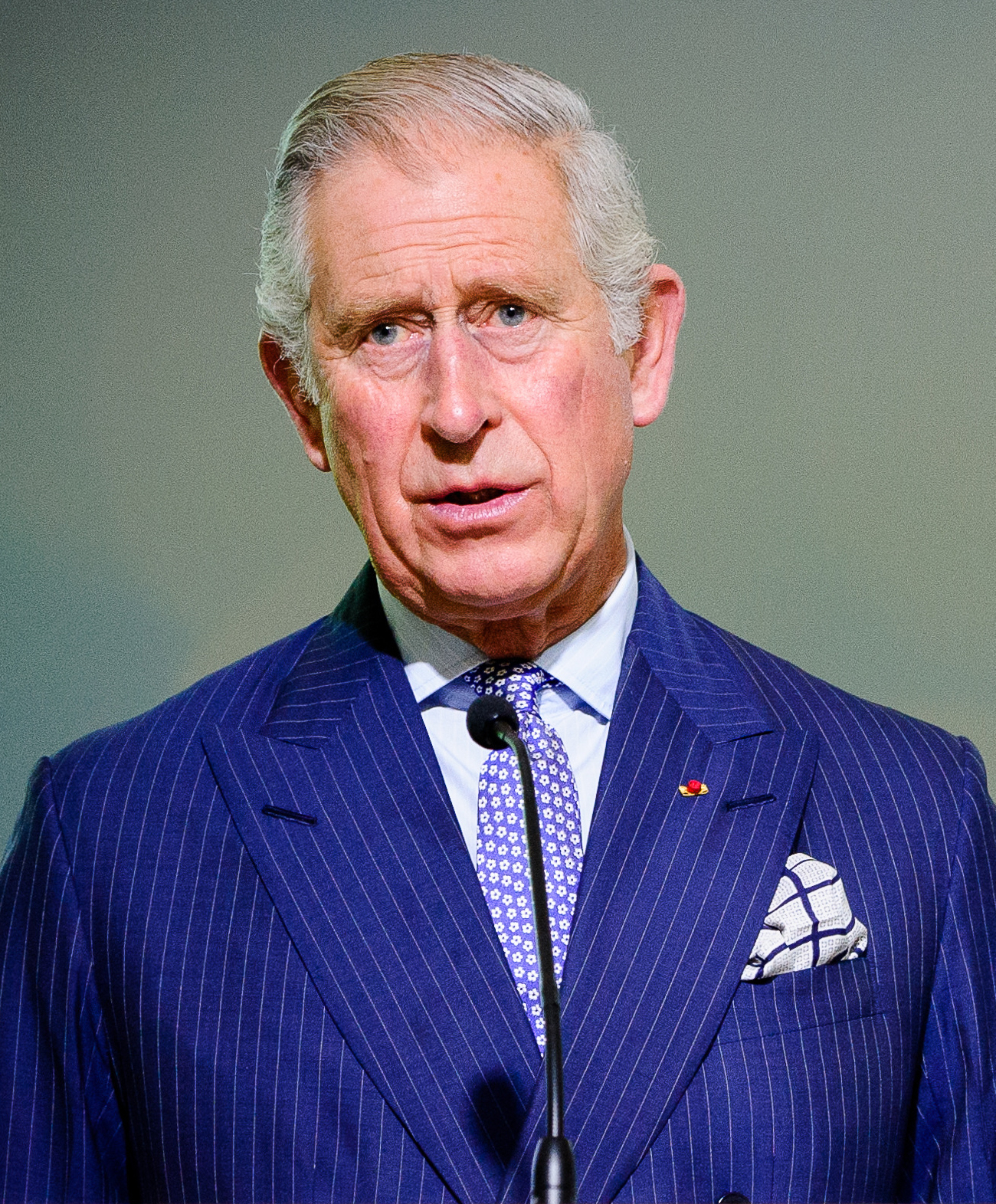Producing Task Force on Climate-related Financial Disclosure (TCFD) reports can be a “challenging” process, partly due to the lack of data availability on certain private market assets, according to Universities Superannuation Scheme (USS) head of responsible investment, David Russell.
Speaking at the PLSA ESG Conference 2021, Russell noted that the USS has produced two TCFD reports so far, and described it as an “interesting and challenging process”.
From 1 October, all authorised master trusts and schemes with £5bn or more in assets will be required to report on the climate risks affecting their investments under a phased approach, with smaller schemes following suit as soon as 2024.
“It’s quite a detailed thing to go through,” Russell stated. “Even some of the simpler things, such as carbon footprinting.
“We tried whole-scheme carbon footprinting in 2016 and we could do the public equity portfolio and half the credit portfolio, because the data providers tend to cover publicly-listed equity companies.
“But when you have private credit, which is half the benchmark for the credit portfolio, then that wasn’t really covered.”
He added that, within private markets, it was “relatively easy” to obtain the relevant data on direct assets, but for private equity and private debt the data was “absent”.
“It’s getting better, the processes to estimate that footprinting data that is part of the reporting requirement under TCFD and the Department for Work and Pensions (DWP), but it is still going to be a lot of estimated data,” Russell added.
“And that’s important, because that is what you set your base targets from.”
Russell also pointed to the issue of sovereign debt, noting that finding out what carbon exposure of the scheme’s gilt portfolio as part of the risk management process “still requires a lot of work”.
“I’m absolutely supportive of the TCFD, its approach and the framework it has for managing and reporting climate risk, but it is not without its challenges,” he concluded.
Latest News
-
OBR analysis reveals potential impact of salary sacrifice changes
-
Strong funding levels continue as endgame landscape reshaped by innovation
-
Harwich Haven Authority Pension Fund finalises £45m buy-in with Royal London
-
GAD publishes LGPS gender pension gap reporting guidance
-
DB scheme funding levels continue to improve heading into 2026
-
News in brief - 6 February 2026
Private markets – a growing presence within UK DC
Laura Blows discusses the role of private market investment within DC schemes with Aviva Director of Investments, Maiyuresh Rajah
The DB pension landscape
Pensions Age speaks to BlackRock managing director and head of its DB relationship management team, Andrew Reid, about the DB pensions landscape
Podcast: From pension pot to flexible income for life

Podcast: Who matters most in pensions?

In the latest Pensions Age podcast, Francesca Fabrizi speaks to Capita Pension Solutions global practice leader & chief revenue officer, Stuart Heatley, about who matters most in pensions and how to best meet their needs
© 2019 Perspective Publishing Privacy & Cookies










Recent Stories